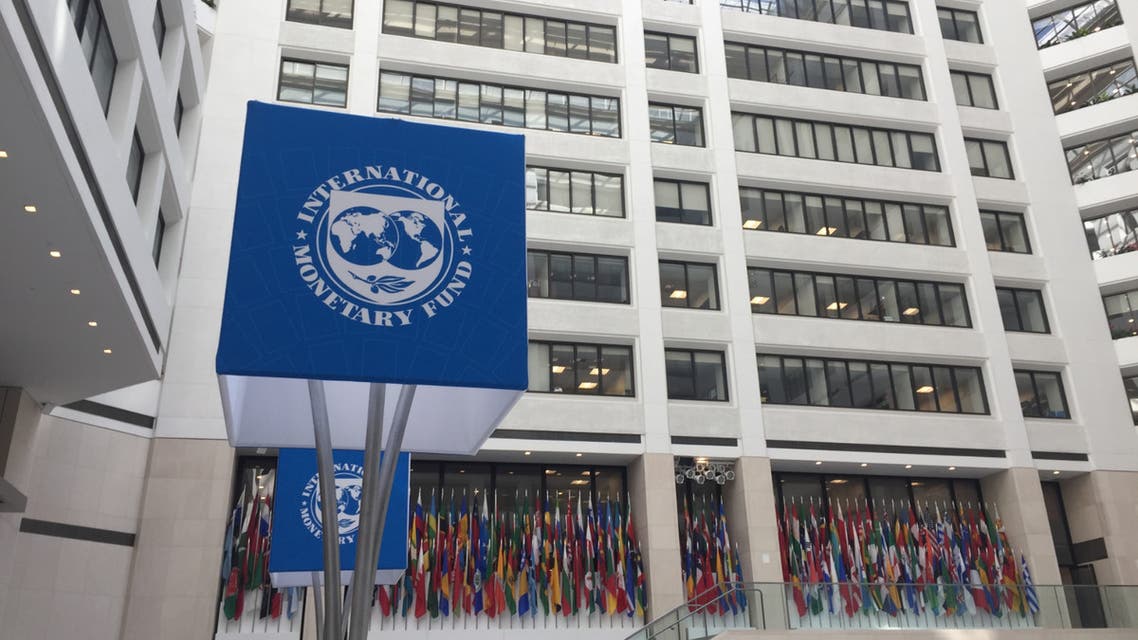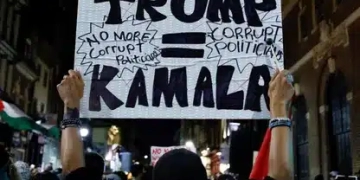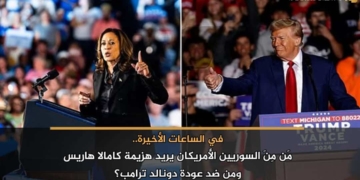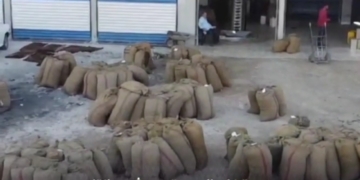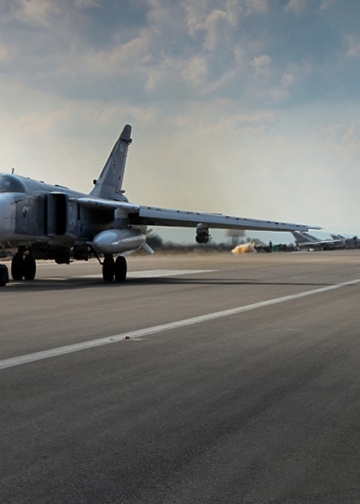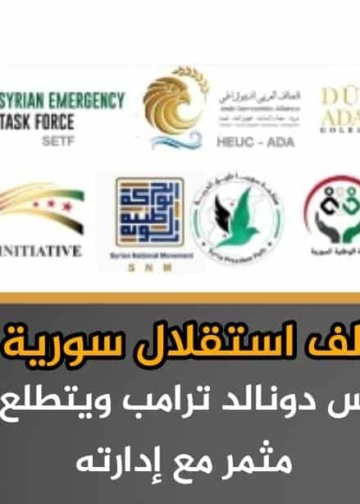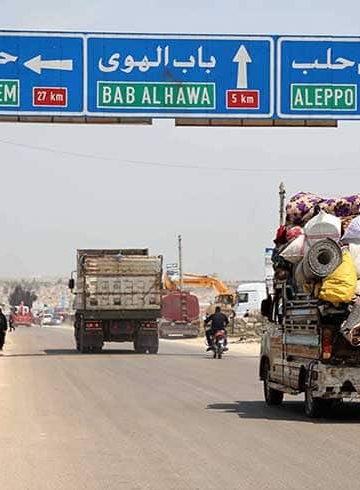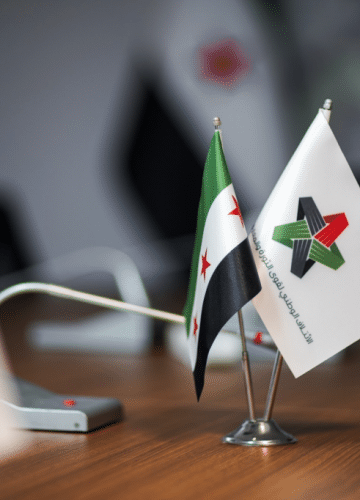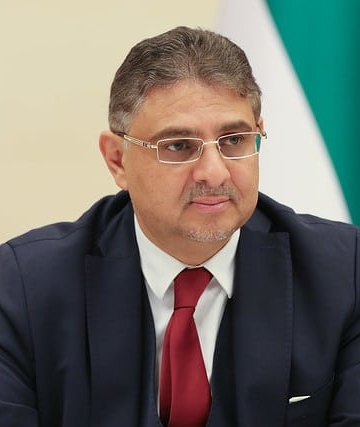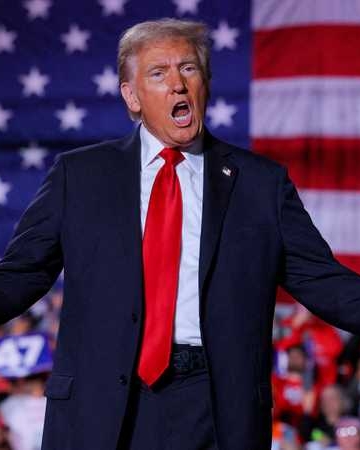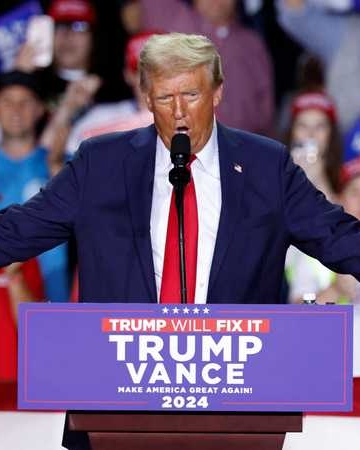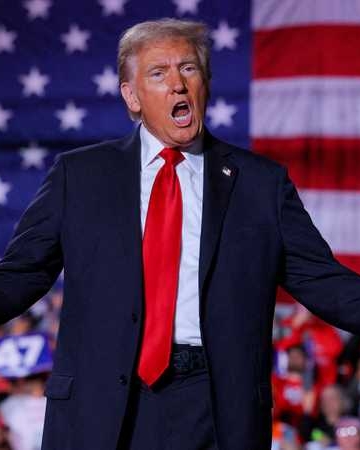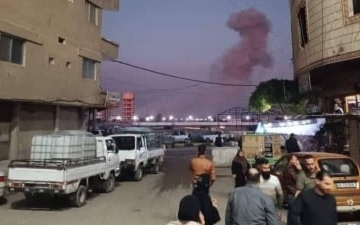The International Monetary Fund warned on Thursday that Lebanon is in a very dangerous situation a year after it committed to reforms that it failed to implement, and urged the Lebanese government to stop borrowing from the central bank.
In a press conference at the end of his visit to Beirut, IMF mission chief Ernesto Ramirez Rigo said, “We believe that Lebanon is at a very dangerous moment, at a crossroads, stressing that failure to take the required measures would plunge the country into an endless crisis.”
Last April, the International Monetary Fund announced that it had reached a preliminary agreement with Lebanon on a $3 billion aid plan over 4 years. The International Monetary Fund stipulated the implementation of the program on the government’s commitment to implement prior reforms and the parliament’s approval of urgent draft laws, most notably the “Capital Control” law that restricts withdrawals and transfers of foreign currencies from banks, in addition to the approval of legislation related to restructuring the banking sector and amending the banking secrecy law.
With regard to implementing the required reforms, Rigo indicated that “the Lebanese have made progress, but unfortunately progress is very slow, given the complexity of the situation,” pointing out that “the country is in a major crisis.”
Since 2019, Lebanon has witnessed an economic collapse, which the World Bank ranked among the worst in the world, and is considered the worst in Lebanon’s history.
This coincides with an acute liquidity crisis and tight banking restrictions, with which depositors can no longer access their outstanding savings.
The day before yesterday, Tuesday, the lira recorded a historic collapse, with the exchange rate exceeding the threshold of 140 thousand against one dollar, meaning that the Lebanese pound lost nearly 98% of its value.
Since the end of President Michel Aoun’s term at the end of last October, the Lebanese parliament has failed 11 times to elect a head of state due to deep political divisions. Political paralysis exacerbates the situation, with a caretaker government unable to take necessary decisions, including the reforms required by the international community and the International Monetary Fund to provide support in order to stop the bleeding of the Lebanese economy.
agencies



